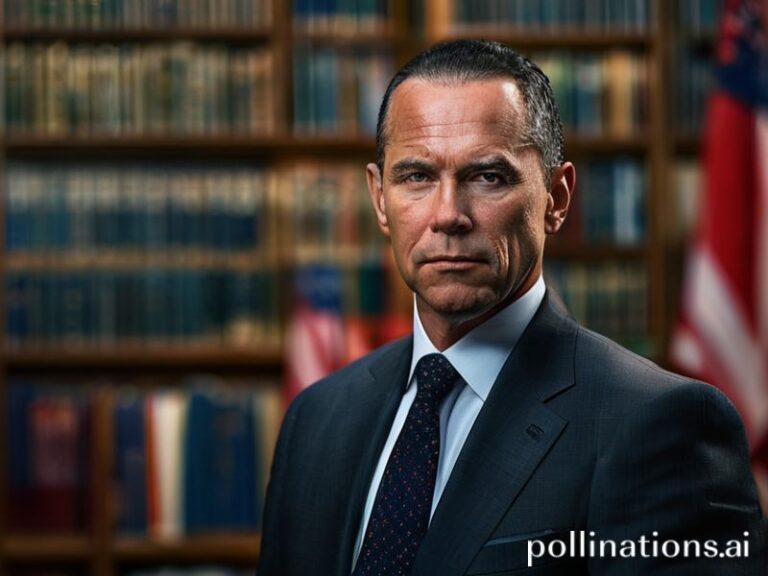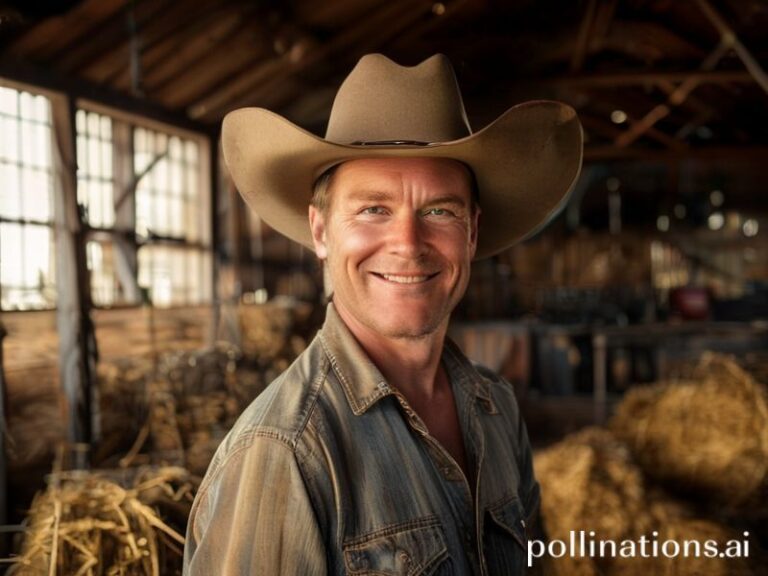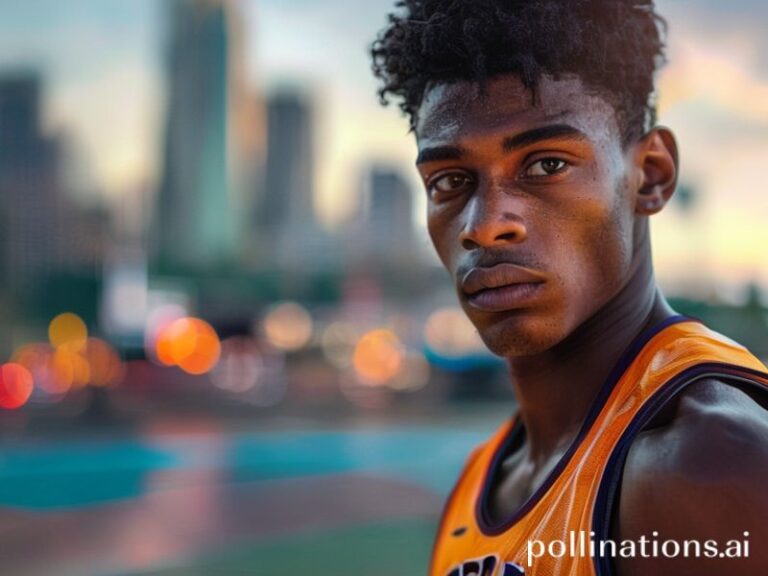From Kyiv to Kansas: How ‘America’s Got Talent’ Became the World’s Guilty Pleasure and Geopolitical Moral Barometer
America’s Got Talent, the sequin-drenched carnival that has colonized more than 190 territories, is no longer merely a TV show. It is a planetary referendum on what the human race chooses to applaud when the bombs are falling, the ice caps are dripping into cocktails, and the algorithm has already decided who’s going to cry before the first note is sung. From Lagos to Lisbon, couch-bound spectators watch a 12-year-old Filipino contortionist fold herself into origami while a Norwegian fire-juggler extinguishes his own career in real time, and everyone pretends this is the apex of cultural diplomacy.
The genius of the franchise lies in its ruthless portability. Local producers swap out the judges—here a K-pop idol, there a disgraced finance minister whose redemption arc comes with product placement—yet the emotional architecture remains identical. A war widow sings Edith Piaf, a Syrian refugee juggles machetes, and the camera zooms in on the single tear sliding down Simon Cowell’s immobile cheek, now insured by Lloyd’s of London for the price of a Moldovan hospital. The message is unambiguous: suffering is currency, but only if it’s properly lit.
Globally, the show functions as a barometer of geopolitical anxiety. When Russian tanks rolled toward Kyiv, viewership in the EU spiked 18 %, as if watching a Ukrainian sword-swallower might cauterize the wound of impotent spectatorship. In the same week, China’s own spin-off introduced a “patriotism bonus” for acts that could embed Xi Jinping quotes into juggling routines—an innovation swiftly copied by Hungary, where Orbán’s favorite folk dancer scored perfect tens for incorporating a live border fence into her twirls.
Meanwhile, the global south has weaponized the format for soft-power gains. After the IMF slashed Kenya’s health budget, Nairobi dispatched a troupe of Maasai acrobats who balanced stacks of medical textbooks on their heads while reciting vaccine efficacy statistics. They lost to a tap-dancing golden retriever from Scottsdale, but the debt relief talks the following week mysteriously gained traction. Coincidence, surely.
Technologically, the show is a masterclass in surveillance capitalism wearing a feather boa. NBC’s parent company, Comcast, quietly cross-references viewers’ biometric data—harvested via smart-TV cameras—with credit scores to predict which sob story will goose ad revenue. Last season, an AI-generated hologram of a deceased Latvian cellist performed “Hallelujah” and drove tissue sales up 34 % across three continents. The dead, it turns out, are exceptionally reliable brand ambassadors; they never miss rehearsal and rarely demand residuals.
And yet, for all its grotesquerie, the franchise offers a perverse comfort: proof that the species still agrees on something. Whether you’re sheltering from shelling in Kharkiv, queueing for water in Cape Town, or doom-scrolling in a Kansas suburb, the sight of a 63-year-old Albanian grandmother belting Beyoncé while riding a unicycle delivers the same fleeting serotonin hit. It’s the opium of the people, but with better back-lighting and a corporate sponsor flogging life insurance.
The afterlife of contestants is equally instructive. The Mongolian throat-singing ventriloquist who melted hearts in Season 14 now performs Tuesday nights at a casino in Macau, serenading crypto bros who tip in Dogecoin. The Syrian machete-juggler was deported from Denmark after his visa expired, but his TikTok account—run by a content farm in Manila—still garners 2.3 million views per dropkick. Fame, like plastic, does not biodegrade; it merely fragments into micro-celebrities that lodge in the cultural food chain forever.
As COP delegates argue over carbon credits in air-conditioned tents, AGT’s carbon footprint balloons—each confetti cannon releases 1.2 kilos of Mylar that will outlive the pyramids. Still, the show persists, because extinction-level dread requires a chorus line. Somewhere on a dying planet, a child in a glitter onesie is practicing a back-flip that will, for 90 seconds, make the apocalypse feel optional. And in that moment, the world will stand united in the most honest emotion left to us: the hope that someone else’s dream can postpone our own nightmare by one more commercial break.







